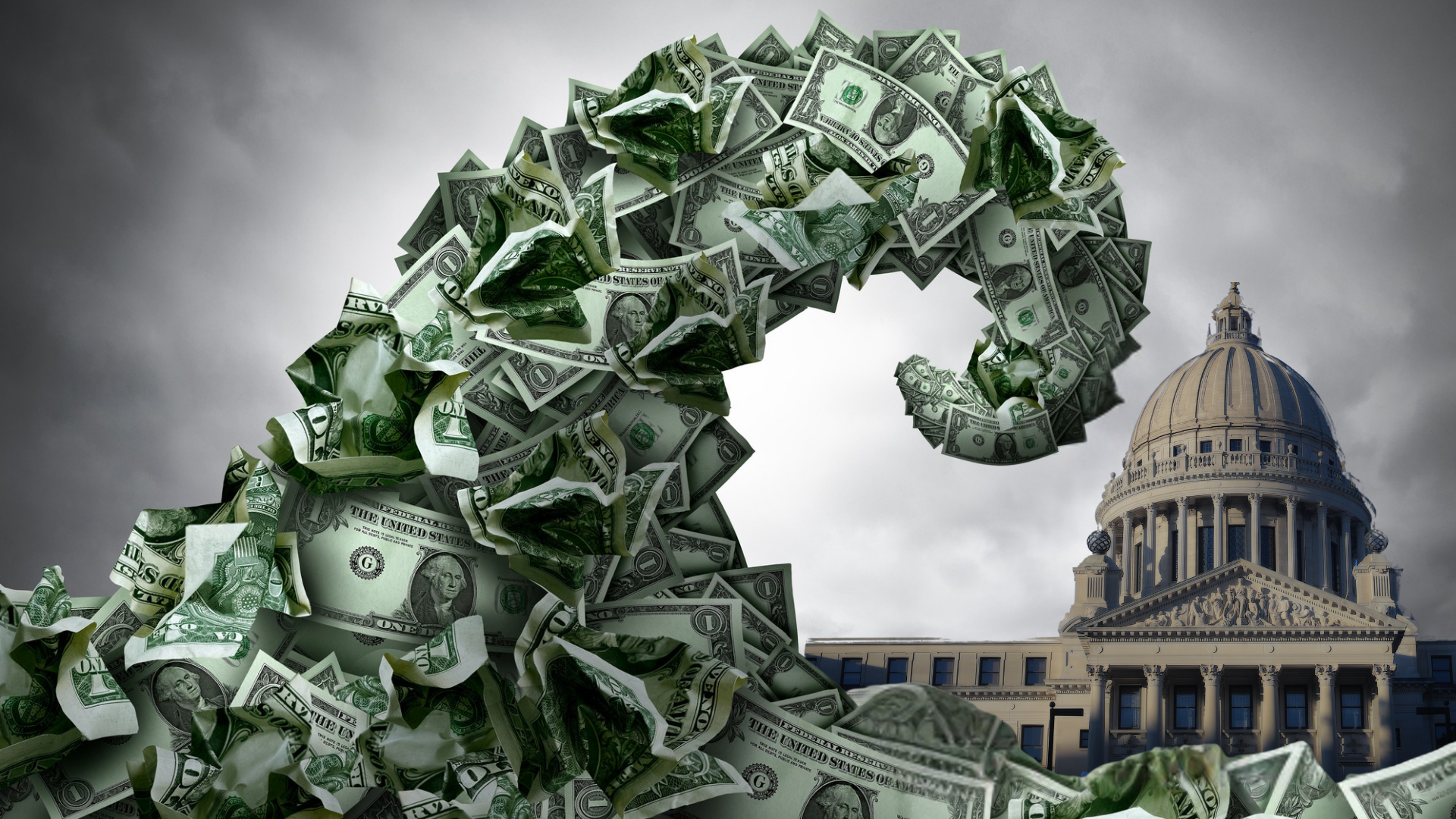Tomorrow (August 31) at noon state employee unions are holding a rally at the state capitol to encourage the Governor to agree to a secret deal for "meaningful" pay raises. The hundreds of millions of dollars question for taxpayers is: What does "meaningful" mean? Because the talks are conducted secretly behind closed doors we won't know until the bill comes due.
These type of state compensation decisions haven't always been made in secret. In fact, prior to 2002 all budget related decisions were made during the public legislative process allowing full transparency and the potential tradeoffs to be debated. Since the secret collective bargaining law went into full effect in 2004, however, state union executives no longer have their priorities weighed equally with every other special interest during the legislative budget process. Instead they now negotiate directly with the Governor in secret, while lawmakers only have the opportunity to say yes or no to the entire contract agreed to with the Governor. No legislative amendments to the secret deal are allowed.
With the 2017-19 contract talks now in full swing, what happened behind closed doors during the last negotiations?
Nearly a year after the 2014 secret negotiations concluded I was finally able to receive details on what offers the Governor and unions were exchanging behind closed doors. These public records were only disclosable according to the Office of Financial Management after the Governor signed the 2015-17 budget into law. From these records we know that the unions were demanding along with automatic step increases a 14% raise (they received a 4.8% raise). How much exactly are they demanding now? We don't know (neither do their members) and they aren't saying other than organizing members for tomorrow's rally to encourage the Governor to provide "meaningful raises."
Also during the 2014 secret negotiations the unions asked the Governor to allow state employees to be paid for not crossing strike picket lines. This occurred after state grain inspectors refused to do their job at the Vancouver port over a local labor dispute that effectively shut down the state's grain industry. Though the Governor ultimately didn't agree to this provision, what similar type of union requests are now being demanded behind closed doors?
So why do these important talks continue to be conducted in total secrecy denying not only the public but also frontline workers from knowing what is occurring behind closed doors? As noted by the current union contract:
“Confidentiality/Media Communication 1. Bargaining sessions will be closed to the press and the public unless agreed otherwise by the chief spokespersons. 2. No proposals will be placed on the parties’ web sites. 3. The parties are not precluded from generally communicating with their respective constituencies about the status of negotiations while they are taking place. 4. There will be no public disclosure or public discussion of the issues being negotiated until resolution or impasse is reached on all issues submitted for negotiations.”
How are frontline workers supposed to know what exactly they are rallying for tomorrow if their leadership won't tell them what they are demanding and what the Governor is offering? How are taxpayers supposed to know what the tradeoffs are? How are lawmakers supposed to fully exercise their constitutional power of the purse and make budget prioritization via the public legislative process if they continue to be cut out of this process?
These negotiations should be subject to the state's Open Public Meetings Act (OPMA) or at a minimum utilize a process like the one used by the City of Costa Mesa in California to keep the public informed called COIN (Civic Openness in Negotiations). Under this type of system all of the proposals and documents that are to be discussed in closed-door secret negotiation must be made publicly available before and after the meetings with fiscal analysis provided showing the costs.
While not full-fledged open meetings, providing access to all of the documents before the meetings would better help inform the public about the promises and tradeoffs being proposed with their tax dollars before an agreement is reached. This would also help to keep make clear whether one side is being unreasonable, and would quickly reveal whether anyone is acting in bad faith.
Budget decisions potentially costing hundreds of millions of taxpayer dollars should not be made behind closed doors in secret. Ultimately the legislature should take back the power of determining compensation cost in the budget as was the case prior to 2002. At a minimum transparency needs to be provided for this process as occurs in several other states including the most recent reforms in Idaho and Colorado.
When you see the rally signs tomorrow and watch the union pay raise protest unfold ask the participants what percentage pay raise are they asking for - 5%, 10%, 20%? How exactly are taxpayers supposed to support the effort if the details are being discussed in secret behind closed doors with no opportunity for public scrutiny until after the deal is reached?
Additional Details
Secret pay raise talks enter Washington's Area 51
State employee contract transparency bill introduced
Secretly negotiated state employee contracts major focus of 2015-17
State union negotiations begin tomorrow on 2013-15 contracts





